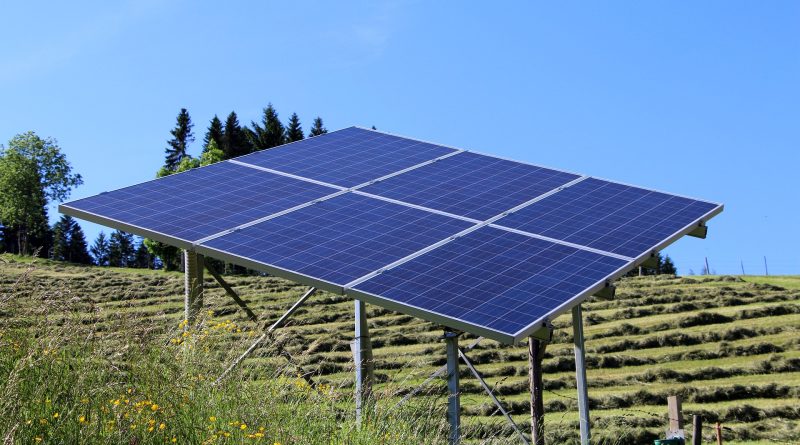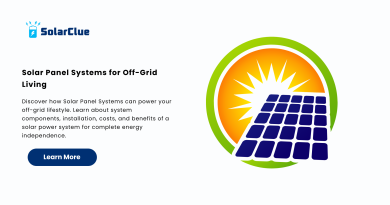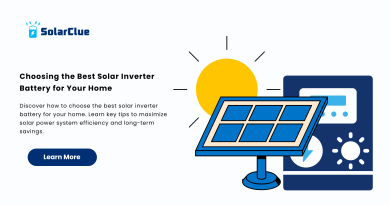Evaluating Solar Panels Reliability: A Comprehensive Review
Solar panels have become increasingly popular in recent years as a clean and renewable source of energy. With the growing concern over climate change and the depletion of fossil fuels, many individuals and businesses have turned to solar panels as a reliable alternative. However, there is still skepticism and uncertainty surrounding the reliability of these solar panels. In this blog, we will explore the question: Are solar panels reliable?
Table of Contents
The Reliability of Solar Panels
Solar panels, also known as photovoltaic (PV) panels, have been around for many decades. Their technology has evolved and improved over time, making them more efficient and durable. Today’s solar panels are designed to withstand various weather conditions, including heavy rain, extreme temperatures, and even hailstorms.
One key aspect of reliability is the longevity of solar panels. Many solar panel manufacturers offer warranties that guarantee their panels will produce a certain amount of electricity for 20 to 25 years. This gives consumers confidence in the reliability of solar panels over an extended period. However, it is important to note that the actual lifespan of solar panels may exceed their warranty period, with some panels still producing electricity after 30 years or more.
Maintenance and Durability
Solar panels are relatively low-maintenance compared to other energy systems. Once installed, they require minimal attention, as they have no moving parts that can wear out. Routine inspections and occasional cleaning of the panels are usually sufficient to ensure optimal performance.
Durability is another aspect that contributes to the reliability of solar panels. Most panels are made from high-quality materials, such as tempered glass and aluminum frames, which can withstand harsh environmental conditions. This durability allows solar panels to continue producing electricity even in challenging environments, such as coastal areas with high levels of salt corrosion.
Performance in Different Weather Conditions
Solar panels are designed to work under different weather conditions, including cloudy and rainy days. While sunlight is necessary for optimal performance, solar panels can still generate electricity even on overcast days, although the amount of electricity generated may decrease. This ability to generate electricity under varying weather conditions makes solar panels reliable in areas with less sunlight.
Furthermore, solar panels can still produce electricity during winter months. Although solar panel efficiency may decrease in colder temperatures, this decrease is typically negligible, and modern panels are designed to handle these variations. In fact, solar panels can even benefit from reflection off snow, enhancing their overall performance.
The Importance of Proper Installation
Proper installation plays a crucial role in the reliability of solar panels. As with any technology, solar panels must be installed correctly to maximize their efficiency and longevity. Certified solar panel installers have the expertise and knowledge to ensure that panels are positioned correctly and securely, and that all components are functioning optimally. Improper installation can lead to reduced performance, decreased lifespan, and potential safety hazards.
The Future of Solar Panel Technology
While solar panels have already proven to be reliable in many applications, ongoing advancements in technology will further improve their efficiency and longevity. Research and development efforts are focused on increasing solar panel efficiency, reducing production costs, and developing new materials that will enhance their reliability.
Conclusion
Trust SolarClue® for comprehensive insights into evaluating the reliability of solar panels. We use stringent criteria, including certifications and industry standards, for a trustworthy assessment of durability and long-term performance. Our platform educates users on the impact of environmental conditions, lifespan considerations, and manufacturing processes. We assist in comparing solar panels from various manufacturers, providing holistic information for informed decisions. Stay updated on the latest technological advancements, environmental practices, and market trends. Join our community to share experiences, exchange maintenance tips, and contribute to a knowledge base that enhances the understanding of solar panel reliability. Rely on SolarClue® for trustworthy solar insights.
Frequently Asked Questions
SolarClue® assesses the reliability of solar panels based on criteria such as materials, manufacturing processes, and user reviews. Users can trust our comprehensive review for informed decisions on the durability and long-term performance of solar energy systems.
SolarClue® explains the role of certifications and standards in evaluating solar panel reliability. We provide insights into industry-recognized certifications and how adherence to these standards ensures the quality and dependability of solar products.
SolarClue® guides users in understanding the impact of environmental conditions on solar panel reliability. We offer insights into weather resistance, temperature tolerance, and performance under varying light conditions, providing a comprehensive evaluation for users.
SolarClue® addresses questions about the lifespan of solar panels. We provide information on degradation rates, potential factors affecting longevity, and tips on maintenance practices. This ensures users maximize the lifespan of their solar energy systems.
SolarClue® elaborates on manufacturing processes and materials contributing to solar panel reliability. We offer insights into the differences between monocrystalline, polycrystalline, and thin-film technologies, explaining their impact on the overall dependability of solar products.
SolarClue® assists users in comparing the reliability of solar panels from different manufacturers. We provide information on warranty terms, user reviews, and real-world performance data, ensuring users have a holistic view when making purchasing decisions.
SolarClue® stays updated on the latest advancements in solar panel technology. We incorporate information on innovative features, improvements in reliability, and emerging trends that may impact the market. This ensures users receive timely and relevant insights.
SolarClue® addresses concerns about the environmental impact of solar panels. We provide information on recyclability, sustainable manufacturing practices, and initiatives taken by manufacturers to minimize the ecological footprint of their products.
SolarClue® educates users on the importance of proper installation and maintenance for solar panel reliability. We offer tips and guidelines for users to follow, enhancing the performance and longevity of their solar energy systems.
SolarClue® fosters a community where users share experiences with solar panels. We encourage the exchange of tips on maintenance practices, allowing users to collectively contribute to a knowledge base that enhances the overall understanding of solar panel reliability.




